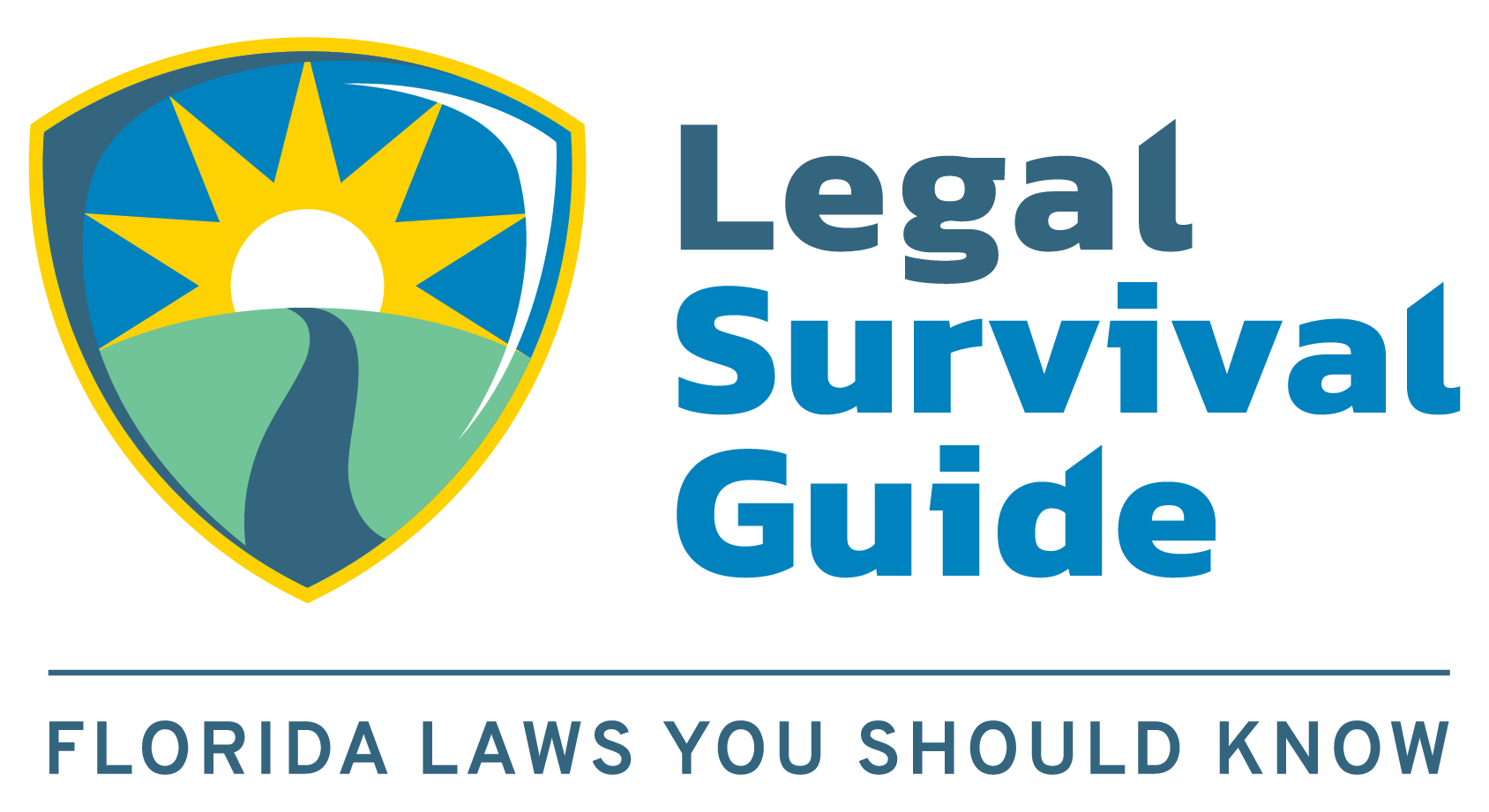You have probably seen or experienced some form of teasing or bullying in school, and, unfortunately, it’s not unusual to see similar behavior occurring in the workplace. Some people try to minimize it by saying “it’s just a joke,” but after a certain point, offensive or derogatory jokes, symbols and/or unwanted touching can rise to the level of harassment. Harassment is illegal when it is so frequent or severe that it creates a hostile work environment or when it results in an adverse employment action, such as being fired or demoted.
Applicable Law & Enforcement Agencies
The Florida Civil Rights Act, as well as certain federal laws, protect employees from discrimination, harassment, and retaliation on the basis of race, color, religion, gender, pregnancy, national origin, age, disability, or marital status. The Florida Commission on Human Relations works with the U.S. Equal Employment Opportunity Commission (EEOC) to investigate claims of harassment based on applicable state and federal laws.
Some of the federal laws that may apply based on your situation include Title VII of the Civil Rights Act, Equal Pay Act, Americans with Disabilities Act, Age Discrimination Employment Act, Genetic Information Nondiscrimination Act, Government Employee Rights Act, and the No FEAR Act for federal employees. By familiarizing yourself with these laws, you can act quickly and defend your rights if you are confronted with harassment or discrimination.
Examples of Harassment
In 2024, the EEOC updated its enforcement guidance on harassment which included many examples of behavior that could be considered harassment. Some of these examples include:
- Sex-based phrases or comments (or “epithets”) may contribute to a hostile work environment for women even if the epithets are not directed at them;
- Racial epithets or offensive comments about members of a particular race, or harassment based on stereotypes about the complainant’s race;
- Ethnic epithets, derogatory comments about individuals of a particular nationality, and use of stereotypes about the complainant’s national origin;
- Religious epithets or offensive comments based on a complainant’s religion (including atheism or lack of religious belief), religious practices, or religious dress. It also includes harassment based on religious stereotypes and harassment because of a request for a religious accommodation or receipt of a religious accommodation;
- Negative perceptions about older workers, including stereotypes about older workers, even if they are not motivated by animus, such as pressuring an older employee to transfer to a job that is less technology-focused because of the perception that older workers are not well-suited to such work or encouraging an older employee to retire;
- Stereotypes about individuals with disabilities in general or about an individual’s particular disability, including harassment based on traits or characteristics linked to an individual’s disability, such as how an individual speaks, looks, or moves;
- Anonymous harassment, such as racist or anti-Semitic graffiti or the display of a noose or a swastika, may create or contribute to a hostile work environment, even if it is not clearly directed at any particular employees;
- Offensive conduct that is directed at other individuals of the complainant’s protected class that may even occur outside of the complainant’s presence as long as the complainant becomes aware of the conduct during the complainant’s employment and it is sufficiently related to the complainant’s work environment.
The behavior does not need to be in person or on site at a workplace. It could be observed through virtual communications, on video, or via digital or text messaging. In other words, if your actions and statements could be observed by coworkers outside of work – it may be considered as impacting the work environment.
Taking Action
Your employer may have a policy or handbook that tells employees how to make a complaint about discrimination, harassment, and retaliation. If you believe you have been illegally discriminated against, harassed, or retaliated against at work, you should report it to your employer.
If you want to file a lawsuit against your employer for illegal discrimination, harassment, or retaliation, you must first file a Charge of Discrimination. If you wish to file a claim based on Florida law, you must file a Charge with the Florida Commission on Human Relations within one year of the alleged discrimination, harassment, or retaliation. If you wish to file a claim based on federal law, you must file a Charge of Discrimination with the Equal Employment Opportunity Commission within 300 days of the alleged discrimination, harassment, or retaliation.
Professionalism Matters
Keeping your communication professional at work can help prevent situations that could lead to complaints about inappropriate or even offensive comments or jokes. This doesn’t mean you have to be serious all the time or that work can’t be fun. But if you are having fun at others’ expense and making unwelcome gestures, advances or comments, it may become a more serious problem.

